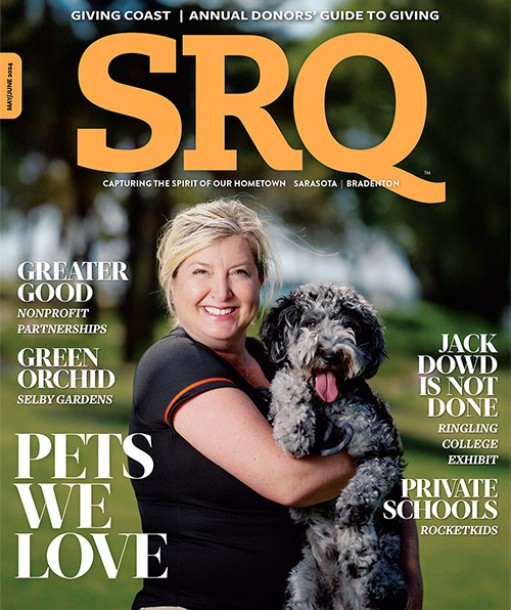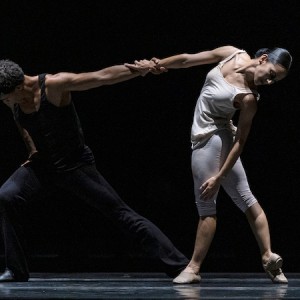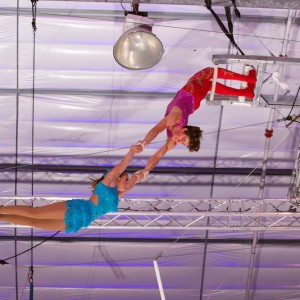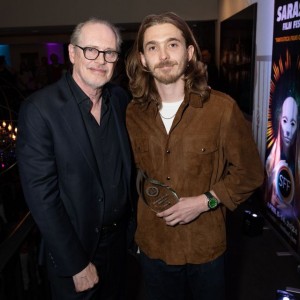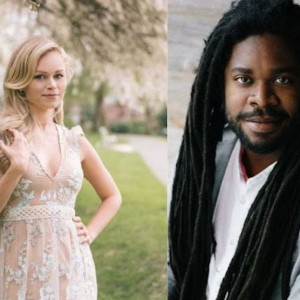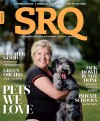The Ghost of Rodney King

Following the 1992 Los Angeles uprising, as a city struggled to rebuild and a nation closed its eyes and tried to forget, a playwright and professor named Anna Deavere Smith picked through the rubble collecting interviews with those involved on all sides—police officers, politicians, protesters, rioters, jurors—and those who picked no side at all—truck drivers and shopkeeps and witnesses. From this assemblage of recollection and firsthand accounts she created the Tony Award-winning play, Twilight: Los Angeles, 1992, as a series of monologues taken verbatim from her interviews. With only two shows this season, the FSU/Asolo Conservatory for Actor Training needed a play that could do some heavy lifting—something that could satisfy its twin missions of providing exciting theater to the public while promoting the advanced education of its class of young actors.
For Conservatory Director Greg Leaming, Twilight more than fit the bill, it made the bill. “It is an ideal project for right now and an ideal piece for our students,” Leaming says. Though originally a one-woman show, the format allowed for an easy breakdown, with each Conservatory student taking charge of a handful of monologues. “It’s an artistic workout as well as a cultural workout,” says Leaming, as each actor must master the mindset and mannerisms of multiple characters. “It’s turned out to be a wonderful vehicle for our students,” he says.
“It allows them to show off at a very high level and it’s a great introduction to their range of skills.” And that the content directly speaks to the current political upheaval only makes it better for the students and the audience, as far as Leaming is concerned. “It forces them and us to address all of these issues and from as many perspectives as possible,” he says. “And as politically charged as it is, it’s also a really exciting piece of theater.” Directed by Benny Sato Ambush, Twilight: Los Angeles, 1992 will be available to stream in early December.
A Quinceañera in Quarantine
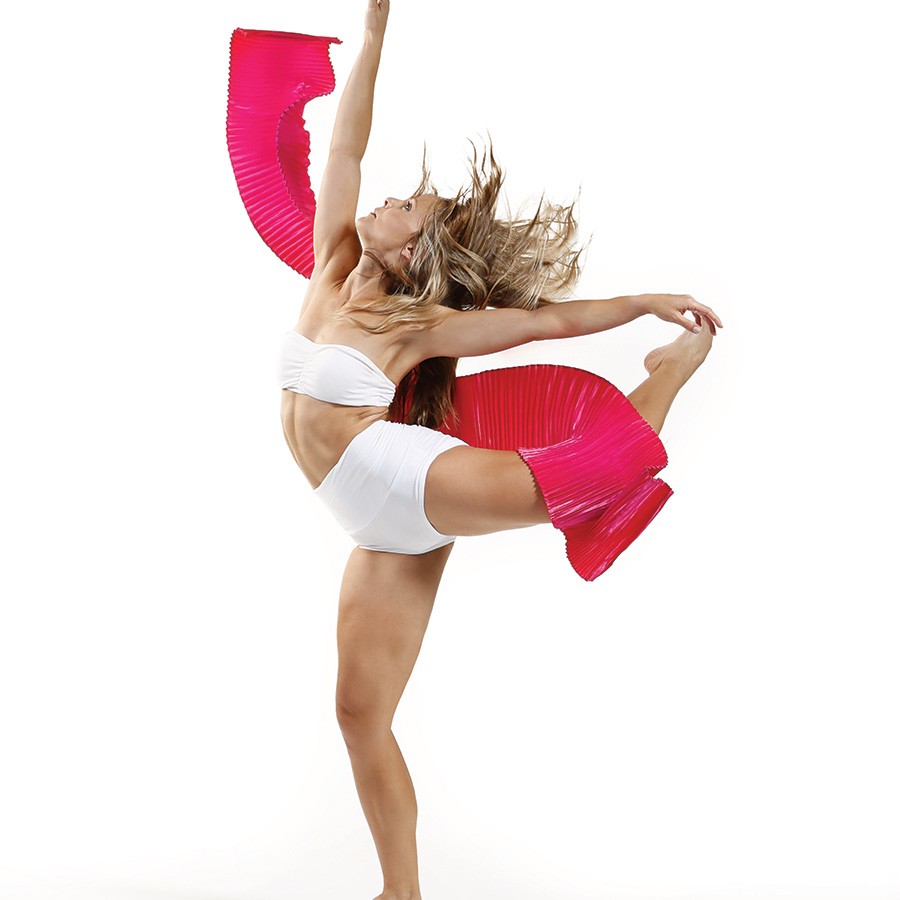
“We need to be active,” says Leymis Bolaños Wilmott, founder and artistic director of Sarasota Contemporary Dance. “If we’re not, we’re not using the gift that we’ve been given.” And that’s the attitude defining this 15th season for the dance company, as it celebrates its quinceañera and enters a new chapter. “It’s a miracle and it’s a huge honor,” says Wilmott, the Cuban-American dancer who has shepherded her company and her dancers through lean times and shifting identities—from stage to stage until they found a home of their own two years ago in the Rosemary District, where they have since flourished, in no small part through the continued support of a small-but-growing, loyal fanbase. It’s this mix of pride and gratitude that permeates SCD’s quinceañera season, exemplified in a pair of shows that stand as both statements of professional accomplishment and heartfelt thanks for those who helped along the way.
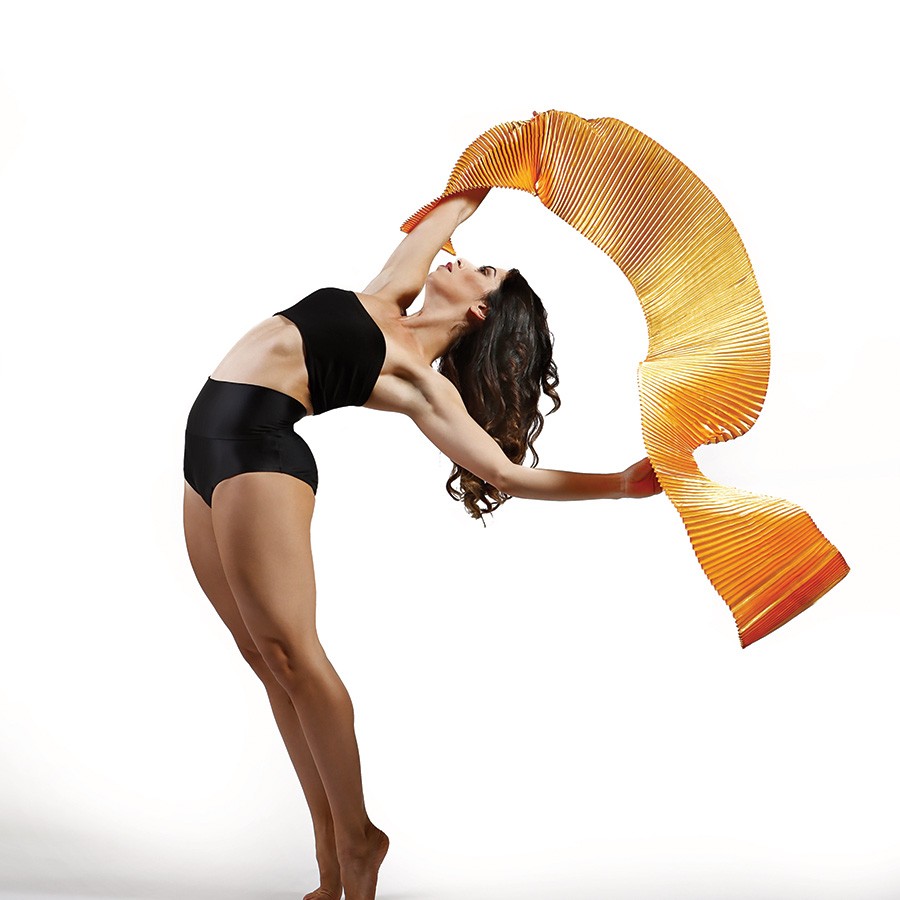
In January, the 15th annual Dance Makers concert comes to the Cook Theater, bringing dancers from around the country but also featuring a brand new homegrown collaboration between Wilmott herself and Mark Dancigers, a fellow New College professor and the director of the New Music New College program. Conceived as a series of etudes and vignettes to stretch and challenge the two colleagues, Wilmott describes the process as something both cathartic and exploratory of the body as instrument. “I know that I’ve embodied work,” she says. “I have a lot of information in my body that needs to get out.” But the final show of the season is a tribute show and not one to a dancer but to a patron, Muriel G. Mayers, whose name adorns the box office.
“She’s been my biggest fan,” says Wilmott, who asked Mayers to pick a selection of her own favorite SCD productions over the years and curated the final show of the season from her choices. “It’s giving her the show that she desires.” And as a result, audiences will get a chance to see SCD choreography that no one has seen for 13 years. All shows will be presented both onstage and virtually through a multi-camera setup. Masks are required for live audiences and social distancing will be enforced.




